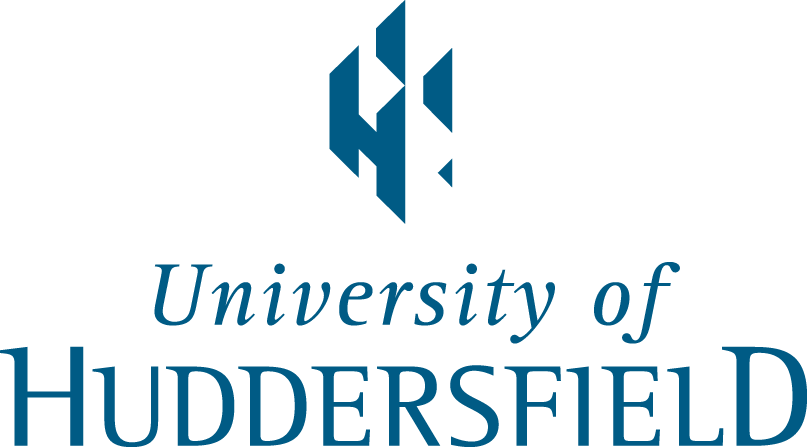
Masters in Organisational Inclusivity
The Masters in Organisational Inclusivity is a 180-credit, two-year, part-time programme delivered through blended learning. It consists of four pathways and six modules all of which are assessed and compulsory for the Masters award.
A brief overview of each pathway and its associated module content is provided below:
Pathway 1: Identity
This pathway consists of two core modules:
-
Organisational Identity, Culture & Ethics
-
Social Constructivism, Identity & Belonging
The overall learning outcome from this pathway is to provide delegates with a critical understanding of individual and organisational identity. It explores concepts like Individual, Intertwined, Intersectional and Global Identities and seeks to engage delegates in critical learning on how identities are formed, shaped and influenced. Fundamentally, learning from this module is positioned against the concept of organisational Diversity & Inclusion so delegates can better understand how individual actions and notions of equality, equity & justice can shape distinct personal and corporate identities. The broad principles discussed in this pathway will also be related the protected characteristics as per the Equalities Act (2010).
Assessment:
One 4,000-word critical self-reflective assessment on an organisational D&I matter.
Pathway 2: Race, Faith & Gender.
This pathway consists of three core modules:
-
Segregation & Othering: Ethnicity & Race in Contemporary Britain
-
Faith, Belief & Religion in a Secular Modern Society
-
Gender
The overall learning outcome from this pathway is to engage delegates in a critical understanding of Race, Faith & Gender in contemporary society. The modules in this pathway position the current social context against a broad historical understanding of Race, Faith & Gender. They engage delegates in critical discussions on subject areas like Race & Racism, Whiteness in Society, White Power, Secular Modernity, Organisational Secularism, Gendered Roles, Gender (in)Equality and Toxic Masculinity. Learning from these modules is positioned against the concept of Organisational Diversity & Inclusion as well as learning from the Identity pathway. Delegates will be able to relate how the concepts of Race, Faith & Gender shape individual and organisational identities and better understand the challenges faced by organisational D&I strategies.
Assessment:
Two 2,500-word critical self-reflective assessments on an organisational D&I matter.
Pathway 3: Research Methods.
This is a dedicated module and engages delegates in academic research methodologies. It proposes to inform delegates of the different social science methodologies utilised in phenomenological and ethnographic studies. Some of the proposed subject areas in this module are Critical Reflection, Flirtation, Grounded Research Theory and Discourse Analysis.
The focus of the module is to enhance delegates critical research capabilities so programme delegates are able to critically engage, reflect and investigate the research problems they are presented as part of the programme assessments.
Assessment:
One 2,500-word critical self-reflective assessment on a presented problem.
Pathway 4: Research Dissertation.
This module engages delegates in a focused piece of academic research. Delegates will be presented with a research problem based on their organisations D&I need. The focus of this module is to consolidate learning from the programme and enable delegates to develop critical self-sustainability as a (pr)academic researcher. Delegates will actively research and conceptualise solution(s) to an organisational D&I priority.
Assessment:
15,000-word supervised research dissertation on a specific organisational problem.
Course Fee:
£13,500 per academic year.
Accredited by
